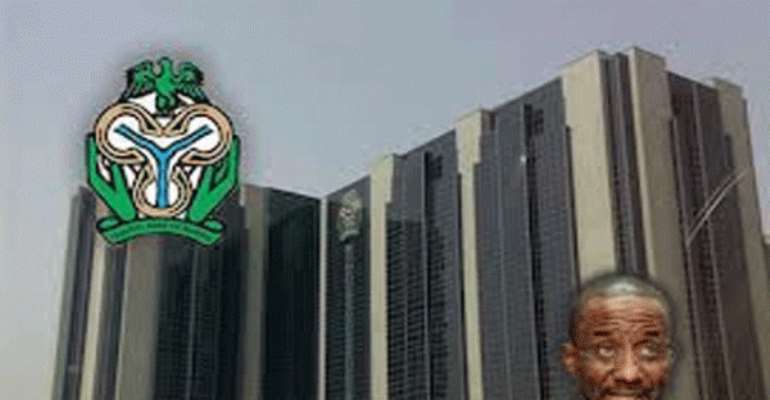Sale of 'bridged' banks in jeopardy, as Ex-shareholders vow to scuttle exercise

Aggrieved former shareholders of the bridged banks have vowed to sustain ongoing legal challenge against the sale of the banks.
AMCON recently announced the beginning of the final process for the sale of its wholly-owned 'bridged' banks - Enterprise Bank, Keystone Bank and Mainstreet Bank. AMCON expects to complete the sale of the three banks by September next year.
Former shareholders of the previously quoted public limited liability banks said the announcement of the sale process and any subsequent actions are illegal, citing subsisting law suits and vowing to institute new suits against AMCON and prospective buyers.
The Central Bank of Nigeria (CBN) on August 5, 2011 had withdrawn the banking licences of the trio of Afribank Nigeria Plc, Bank PHB Plc and Springbank Plc due to deficient capital base and inability to meet the September 2011 deadline for recapitalisation. The Nigeria Deposit Insurance Corporation (NDIC) immediately took over the three banks, which were quoted on the Nigerian Stock Exchange (NSE), and transferred all their assets and liabilities to private limited liability companies, otherwise referred to as bridge banks.
Enterprise Bank is the defunct Springbank; Keystone Bank is the now rested Bank PHB while Mainstreet Bank is the obsolete Afribank Nigeria. The three banks were sold to AMCON and were valued at about N30 billion as at the time they were bridged.
Minority shareholders'leaders said they would resist the sale of the banks without consideration for them, arguing that the CBN only has statutory power to withdraw its banking licence not their primary equity ownership of the companies.
Shareholders have contested the 'bridging' of the banks on two major fronts. They argued that the banks as quoted and actively trading entities with known investors' value should have been acquired through compensations to qualified and non-management existing shareholders at subsisting market value. They also remonstrated that the banks were under CBN-appointed management and thus the vicarious liability of the apex bank in the failure to meet recapitalisation target.
The minority shareholders' leaders told The Nation the subsisting cases should serve as caveat emptor to any intending buyer of any of the bank, adding that they could file new law suits to join any prospective bidders for the banks as soon as they become evident.
National Coordinator, Independent Shareholders Association of Nigeria (ISAN), Sir Sunny Nwosu, said the announcement of the sale process was a nullity since the cases relating to the appropriateness of the bridging of the banks are subsisting in courts.
'It's illegal to go ahead; we should all wait for the court to fully decide on the matter. We will pursue all the cases to logical conclusion,' Nwosu said.
Nwosu's contention was echoed by Chairman, Standard Shareholders Association of Nigeria, Mr Godwin Anono and President, Professional Shareholders Association of Nigeria (PSAN), Mr Boniface Okezie.
'It's not right, we will file a new case and put it on record that we fight the sale of these banks,' Anono said.
He claimed that prime properties of the bridged banks have been sold to some directors of AMCON, lamenting that the bridging and sale of the banks amounted to taking from the poor minority shareholders to feed the rich men, who were responsible for the huge bad loans that sank the banks.
